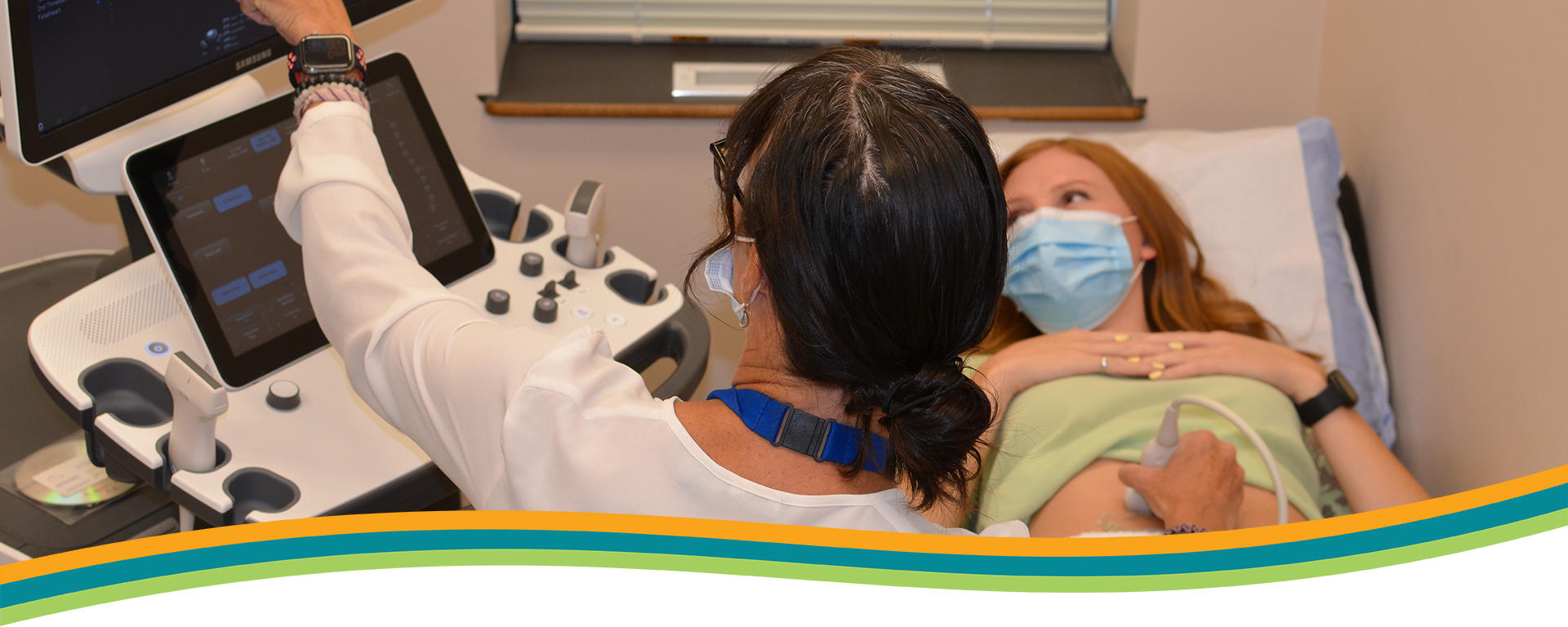Fellowship Duration: 1-2 years
FACT is specifically designed for graduates of adult gastroenterology and colorectal surgery training programs who wish to enhance their colonoscopy and basic polypectomy skills in addition to learning advanced colorectal tissue resection. Traditionally, advanced endoscopy training programs focus on teaching biliary endoscopic procedures including endoscopic retrograde cholangiopancreatography and endoscopic ultrasound. However, upon completion of training these individuals are also asked to perform advanced tissue resection despite not having completed formal training in this area. FACT is designed to address this important gap. The FACT program also provides trainees with a rich academic experience including the opportunity to pursue a graduate degree.
The program takes place at the Forzani & MacPhail Colon Cancer Screening Centre (CCSC), a high-volume outpatient endoscopy facility dedicated to the delivery of colorectal cancer (CRC) screening-related services. Approximately 17,500 colonoscopies are performed annually at the Centre. FACT fellows will complete several endoscopy lists per week, supervised by individuals with additional training in endoscopy and teaching of technical skills.
Education and the upskilling of endoscopists have been priority themes at the CCSC since its inception in 2008. The Centre is actively involved in the Skills Enhancement for Endoscopy (SEE) Program endorsed by the Canadian Association of Gastroenterolgy (CAG). Several Colonoscopy Skills Improvement (CSI) and Train-the-Endoscopy Trainer (TET) courses are offered each year at the CCSC. The CSI course emphasizes the importance of deconstructing the technical skills of colonoscopy and the many benefits of attaining conscious competency over more traditional experiential learning. TET builds on the foundational concepts taught in CSI, but focuses on the teaching of procedural skills through performance enhancing instruction and feedback. The FACT fellow will actively participate in these courses with the goal of being better qualitied to teach colonoscopy themselves. Having been involved in several SEE courses, FACT fellows will also be well positioned to become future SEE faculty at their respective institutions.
Colorectal Endoscopic Tissue Resection
- To attain competency in characterizing polyp morphology (Paris endoscopic classification of superficial neoplastic lesions) and surface pit and vascular patterns
- To understand the importance of and to apply the critical steps involved in pre-resection planning
- To understand the principles of electrocautery and the functioning of the electrosurgical unit
- To recognize the advantages and disadvantages of the different snare types
- To become highly proficient in cold snare polypectomy and multi-piece cold snare polypectomy
- To understand best practice for removal of pedunculated polyps including the application of endoscopic clips and placement of endoloops
- To be able to perform endoscopic mucosal resection (EMR) of laterally spreading lesions > 20 mm
- To become proficient in dynamic submucosal injection, snare placement and closure
- To understand the risk factors for intra-procedural bleeding and delayed post-polypectomy bleeding
- To be competent in treating intra-procedural and delayed post-polypectomy bleeding
- To understand the importance of and how to properly examine the post-EMR resection defect for signs of deep mural injury
- To be able to perform snare tip soft coagulation of the post-EMR resection margin to limit the risk of post-EMR recurrence
- To be able to identify post-EMR recurrence and treat it
- To be able to perform EMR in special settings including removal of lesions involving the ileocecal valve and appendiceal orifice
- To understand the indications for surgical resection of non-malignant polyps
High Quality Colonoscopy
- To understand the science underpinning the association between colonoscopy quality and benchmarking in optimizing patient outcomes
- To recognize and apply best sedation practice during colonoscopy
- To be proficient in manoeuvres which promote greater patient comfort during colonoscopy
- To understand and apply strategies that enhance the adenoma detection rate
- To understand the subtypes of colorectal polyps and the histological features required for endoscopic cure of malignant pedunculated and non-pedunculated polyps
- To apply contemporary colorectal cancer screening and surveillance guidelines
Application Process
Application deadline: May 31 the year prior to the start date
Interviews: Typically conducted in June/July the year prior to the start date
Funding: Fully funded up to $75,000/year (CDN)
Application Documents
- Letter of Intent
- Curriculum Vitae
- Letters of Reference x3


